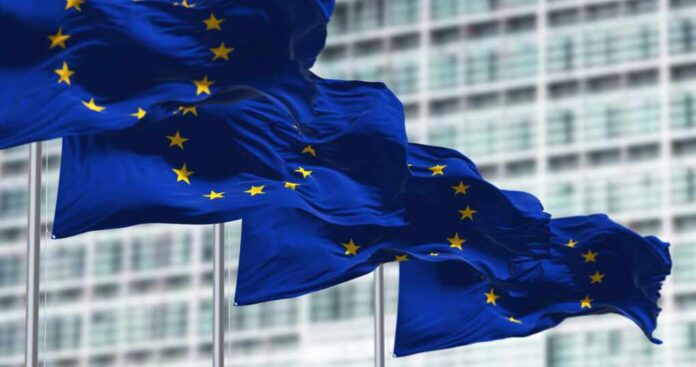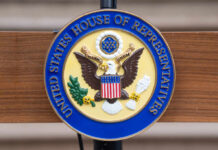
There’s a protracted war in Ukraine and another in the Middle East. For the European Union, however, the real battlefield is in confronting the horrors of “gendered language.”
The European Institute for Gender Equality, an E.U. agency, released the “Toolkit on Gender-Sensitive Communication.” Needless to say, it took issue with a host of words and phrases that are both historical and common in the everyday vernacular.
For example, one should avoid saying that “a man’s home is his castle.” The time-honored tradition of referring to ships as “she” should also be mothballed.
Words to be eradicated include “brotherhood,” “countryman” and “Englishman.” They are to be replaced respectively with “community,” “compatriot” and “English person.”
The order in which certain words should be spoken is now an issue. “King and Queen,” “ladies and gentlemen” and “husband and wife” are better when they are reversed, according to the E.U. panel.
A person’s native language should no longer be their “mother tongue.” Further, nations should not be referred to in the feminine form, such as in “France and her citizens.”
NEW – EU now calls for "gendered language" such as "no man’s land" to be abandoned, urging policymakers, legislators, and the media to use gender-neutral alternatives such as "unclaimed territory" instead.https://t.co/CoucLPyfmH
— Disclose.tv (@disclosetv) January 29, 2024
“No man’s land” should be replaced with “unclaimed territory,” and politicians should describe their voters as “average citizens” rather than “Joe Public.”
Words containing “master” apparently have fallen out of favor as well. A “master of ceremonies” should instead be a “host,” “mastermind” should be converted to “create/creator,” and a “master plan” is now a “grand plan.”
The toolkit also addressed behaviors seen as negative that should instead be considered positive. For example, a “loose” woman should now be described as “having confidence.”
If a woman is thought to be hormonal or emotional, she is better described as “passionate,” “enthusiastic” or “empathetic.”
Words typically associated with one gender or the other should also be substituted for. Instead of describing a man as “virile,” E.U. citizens should instead say he is “strong” or “energetic.”
“Shrill,” if the creators of the toolkit have their way, will become “high-pitched.” “Bossy” would magically transform to “assertive.”
British MP Don Valley called the recommendations “nonsense.” He said “the E.U. needs to take a good hard look at themselves and think about what other problems are going on in the world at the moment.”
If it’s still permissible to describe something this way, the toolkit seems positively Orwellian.



























